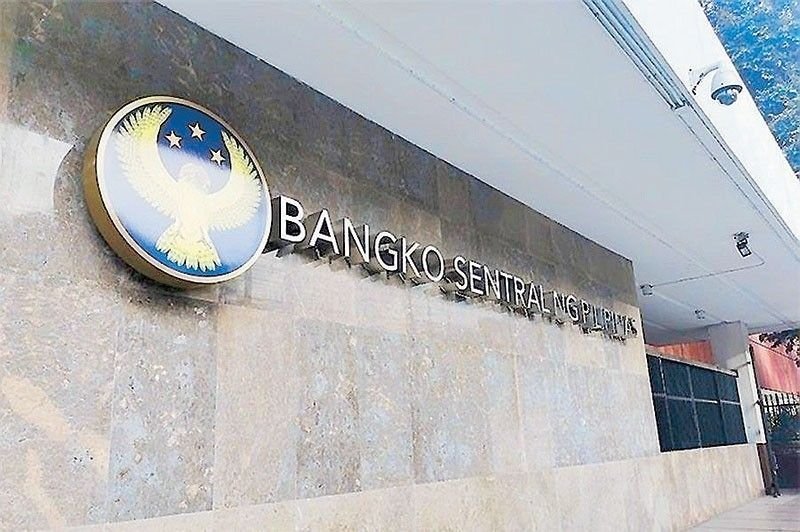August 20, 2025 | 12:00am
As Philippines exits EU’S high-risk record
MANILA, Philippines — The Bangko Sentral ng Pilipinas (BSP) has vowed to push forward with reforms and strengthen safeguards in opposition to monetary crimes after the Philippines was faraway from the European Union (EU)’s record of high-risk third nations.
The delisting, which took impact on June 10, marks the nation’s third main exit from worldwide watchlists this 12 months.
“The BSP stays firmly dedicated to driving monetary sector reforms, strengthening anti-money laundering, counter-terrorism and proliferation financing (AML/CTPF) supervision and constructing a resilient, inclusive monetary system that helps financial progress and international confidence,” BSP Governor Eli Remolona Jr. stated.
Remolona, who additionally chairs the Anti-Cash Laundering Council, stated the central financial institution is constant to determine areas the place the Philippines can increase its defenses in opposition to illicit monetary flows and keep aligned with international requirements.
The EU cited enhancements within the nation’s anti-money laundering regime and the decision of technical deficiencies flagged by the Paris-based Monetary Motion Job Drive (FATF) in its choice to strike the Philippines off the record.
In March, the UK additionally eliminated the Philippines from its high-risk record following the outcomes of the FATF plenary assembly in February.
The three delistings from the FATF, UK and EU sign rising worldwide confidence within the nation’s monetary system, the BSP stated.
“This improvement is anticipated to generate advantages, together with decrease remittance charges and improved relationship of Philippine banks with international counterparts, which drives enterprise actions,” it famous.
The European Fee earlier eliminated the Philippines from its up to date record of nations with strategic deficiencies in AML/CTPF regimes.
The fee’s choice took into consideration the FATF’s February transfer to take away the Philippines from its grey record of jurisdictions below elevated monitoring after the nation efficiently carried out key reforms.


